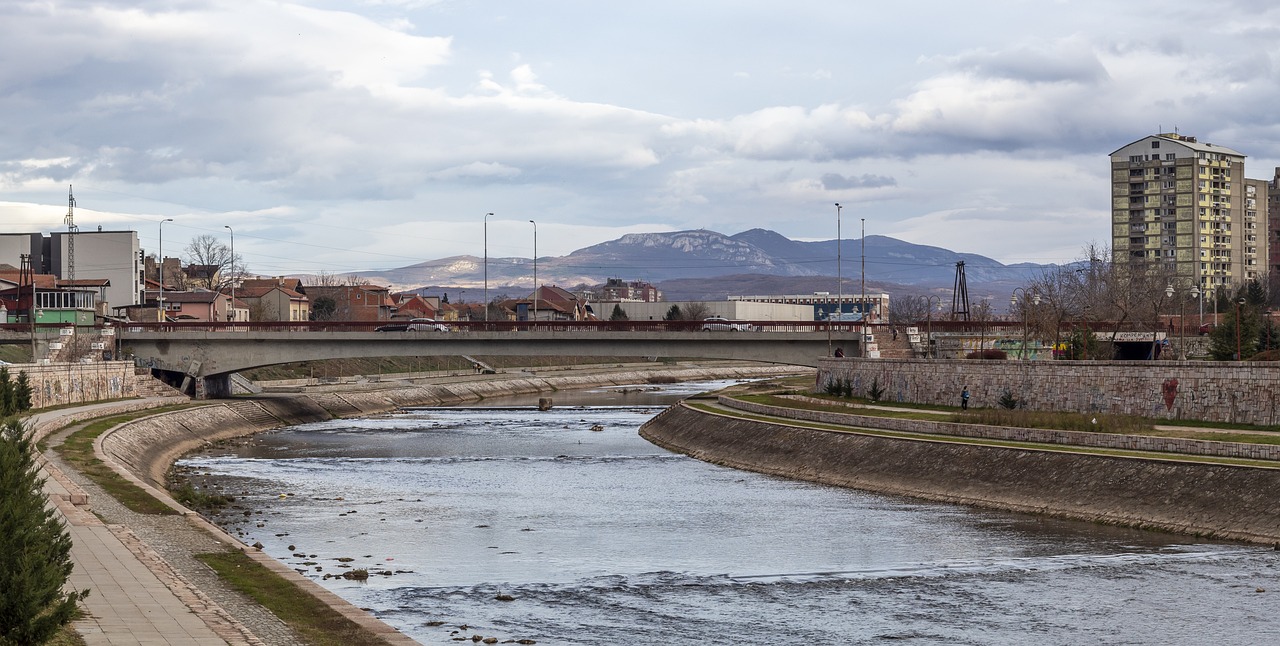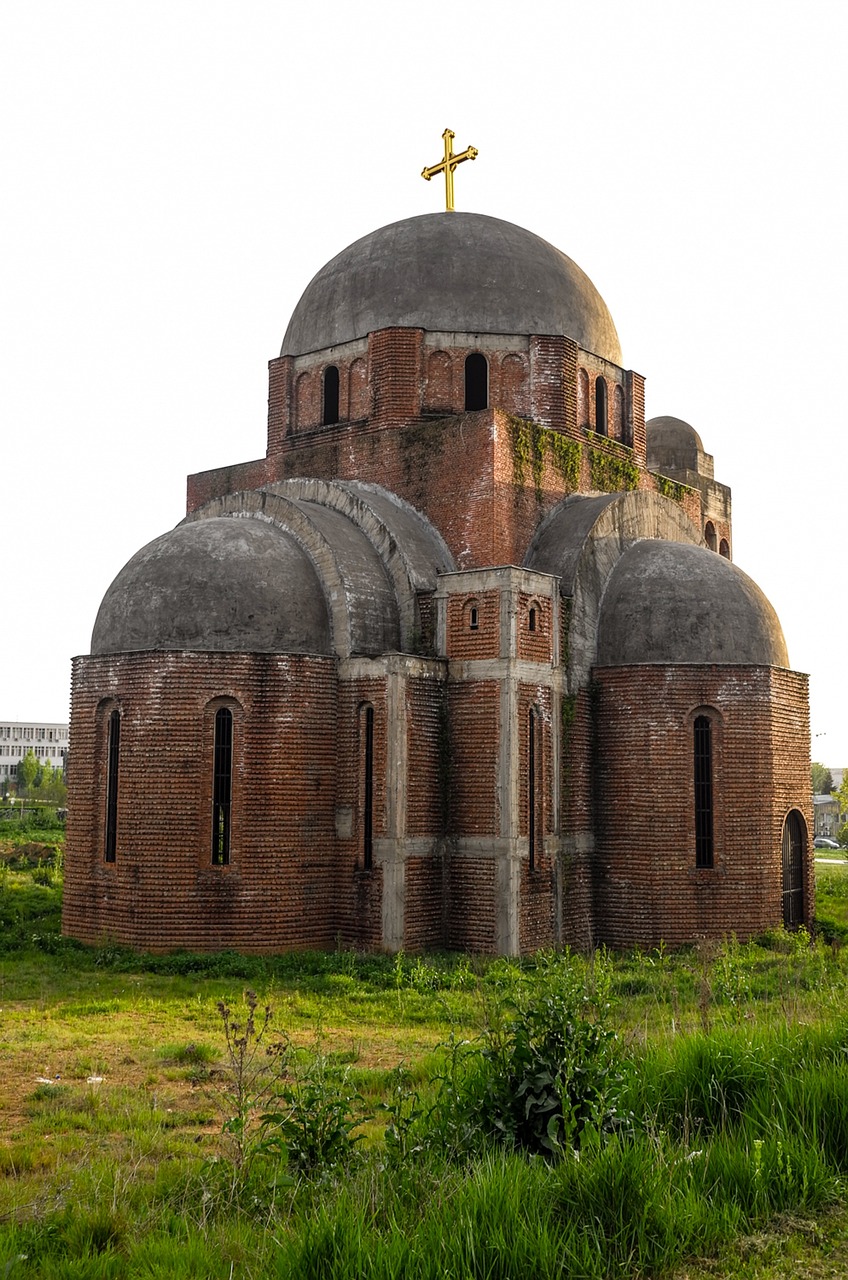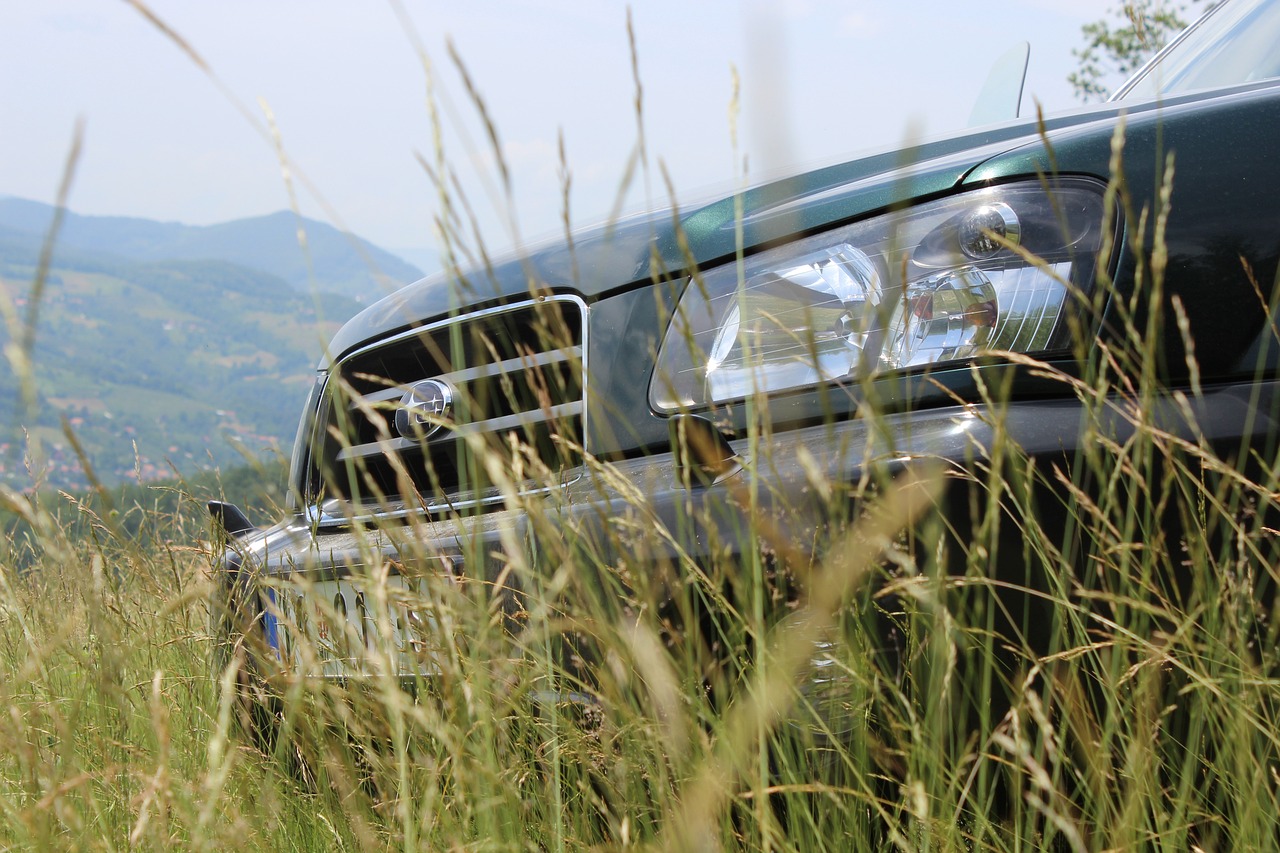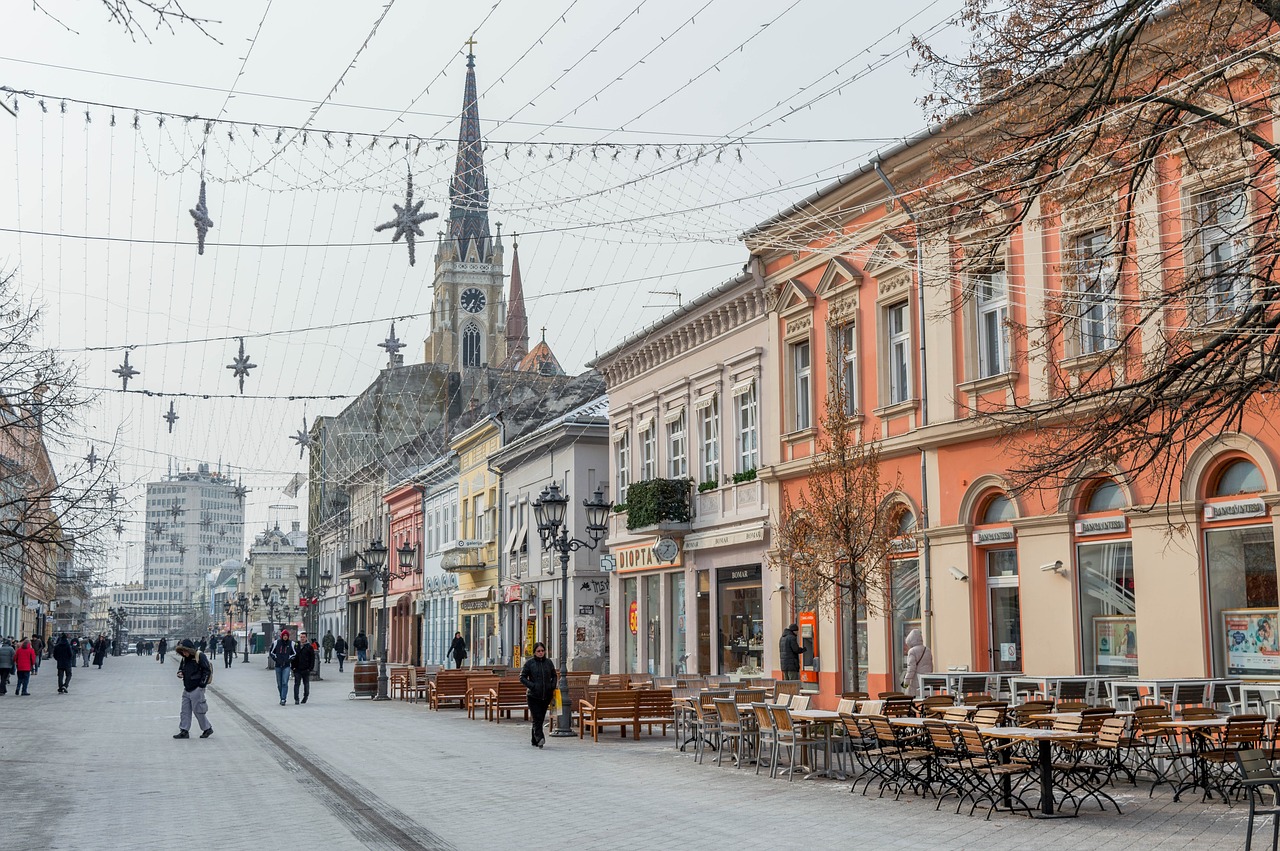Serbia Video
Avoiding Tourist Traps in Serbia
Serbia, located in the heart of the Balkans, is a beautiful country with a rich history, stunning landscapes, and vibrant culture. While exploring this fascinating destination, it’s important to be aware of potential tourist traps that can hinder your experience. By following these insider tips, you’ll be able to navigate Serbia like a local and make the most of your visit.
Understanding Local Customs and Etiquette
To truly immerse yourself in Serbian culture and avoid any unintentional faux pas, it’s essential to familiarize yourself with the local customs and etiquette. Here are some key points to keep in mind:
- Greetings: Serbians generally greet each other with a firm handshake and direct eye contact. It’s customary to address people using their titles and last names.
- Dress Code: When visiting religious sites or formal occasions, modest and conservative attire is appreciated. In casual settings, Serbians tend to dress stylishly but comfortably.
- Table Manners: When dining with locals, it’s polite to wait for the host to start eating before you begin. It’s also customary to say “Prijatno” (enjoy your meal) after finishing.
- Respecting Personal Space: Serbians value personal space, so it’s important to maintain an appropriate distance when interacting with others.
- Showing Respect to the Elderly: In Serbian culture, respect for elders is highly valued. It’s common to address older individuals with “Gospodine” (Sir) or “Gospođo” (Madam).
Choosing Authentic Accommodation
When it comes to accommodation, it’s best to opt for authentic and locally-owned establishments to avoid tourist traps. Here are some recommendations:
- Guesthouses: Stay in traditional guesthouses known as “sobe” or “kuća za goste” for an authentic experience. These are often family-run and provide a warm and welcoming atmosphere.
- Hostels: Look for hostels that prioritize community engagement and offer opportunities to connect with fellow travelers and locals. These hostels often organize cultural events and tours.
- Apartments: Renting an apartment through reputable platforms like Airbnb can provide a more local experience and the chance to interact with neighbors.
- Unique Boutique Hotels: Serbia boasts several boutique hotels that showcase the country’s rich heritage and offer personalized service. These properties often have a distinct charm and character.
Exploring Lesser-Known Destinations
While popular tourist destinations in Serbia are undoubtedly worth visiting, exploring lesser-known destinations can offer a more authentic and off-the-beaten-path experience. Consider these hidden gems:
- Drvengrad: Located in the Zlatibor region, Drvengrad is a unique ethno-village designed by the famous filmmaker Emir Kusturica. It offers a glimpse into traditional Serbian architecture and culture.
- Golubac Fortress: Situated on the banks of the Danube River, Golubac Fortress is a medieval fortress with a fascinating history and stunning views.
- Devil’s Town: This natural landmark in southern Serbia features peculiar rock formations known as “earth pyramids.” It’s a UNESCO-protected site and a photographer’s paradise.
- Vršac: A charming town in the Banat region, Vršac is known for its vineyards, historic buildings, and panoramic views from the Vršac Tower.
Tasting Authentic Serbian Cuisine
Serbia is renowned for its delicious cuisine, and indulging in authentic Serbian dishes is a must. Here are some traditional dishes to try:
- Ćevapi: These grilled minced meat sausages served with flatbread and onions are a staple in Serbian cuisine.
- Pljeskavica: Similar to a hamburger, pljeskavica is a grilled meat patty usually made from a mixture of beef, pork, and lamb.
- Ajvar: This flavorful condiment is made from roasted red peppers, eggplant, garlic, and oil. It’s often enjoyed with bread or as a side dish.
- Sarma: Cabbage leaves stuffed with a mixture of minced meat, rice, and spices, sarma is a beloved Serbian comfort food.
Getting Around Efficiently
To navigate Serbia efficiently and avoid unnecessary expenses, it’s important to know your transportation options. Here are some tips:
- Public Transportation: Serbia has an extensive public transportation network, including buses, trams, and trains. Research the local schedules and routes for cost-effective travel.
- Taxi Services: When using taxis, always opt for licensed and reputable companies. Ask for the estimated fare before the ride and ensure the meter is used.
- Rideshare Apps: Uber and other rideshare apps are available in major Serbian cities, providing a convenient and often cheaper alternative to traditional taxis.
- Car Rentals: If you plan to explore rural areas or less accessible destinations, renting a car can offer more flexibility. Compare prices and book in advance for the best deals.
Experiencing Local Culture and Events
To truly immerse yourself in Serbian culture, make an effort to participate in local events and traditions. Here are some recommendations:
- Festivals: Serbia hosts various festivals throughout the year, celebrating music, film, literature, and traditional customs. Check the event calendar to see if any festivals align with your visit.
- Traditional Folklore: Attend a traditional folklore performance to witness captivating dances, music, and colorful costumes that showcase Serbia’s cultural heritage.
- Wine Tasting: Serbia has a long history of winemaking, and wine tasting tours in regions like Fruška Gora and Župa offer a chance to sample local varieties.
- Religious Celebrations: Experience the spirituality of Serbia by attending religious celebrations and ceremonies, particularly during Orthodox Christian holidays.
Shopping Wisely
When shopping in Serbia, it’s important to be aware of potential tourist traps and strive for authentic and quality products. Consider the following tips:
- Local Markets: Visit local markets like Belgrade’s Skadarlija or Zemun’s Market to discover fresh produce, traditional crafts, and unique souvenirs directly from local vendors.
- Handicrafts: Support local artisans by purchasing handmade crafts, such as traditional ceramics, woven textiles, and woodwork.
- Food Products: Stock up on Serbian delicacies like ajvar, rakija (fruit brandy), honey, and cheese to bring a taste of Serbia back home.
- Antiques: If you’re interested in antique shopping, research reputable antique stores and consult experts to ensure authenticity.
Keeping Your Belongings Safe
While Serbia is generally a safe country, it’s always wise to take precautions to protect your belongings. Follow these guidelines:
- Pickpocketing: Keep a close eye on your belongings, especially in crowded places like public transportation, markets, and tourist attractions. Use a secure bag or wallet to deter pickpockets.
- Hotel Safety: Use the hotel safe to store valuable items like passports, jewelry, and extra cash. Lock your room when leaving and consider using a doorstop for added security.
- ATM Safety: Be cautious when using ATMs and choose those located in well-lit and busy areas. Shield your PIN while entering it and avoid assistance from strangers.
- Document Safety: Make copies of important documents like your passport and keep them separate from the originals. It’s also advisable to have digital copies stored securely.
Understanding Currency and Tipping
In Serbia, the official currency is the Serbian Dinar (RSD). Here are some currency-related tips:
- Exchange Rates: Familiarize yourself with the current exchange rates to ensure fair transactions. Avoid exchanging money with unofficial street vendors.
- Tipping: Tipping is not mandatory in Serbia, but it’s appreciated for good service. A 10% tip is customary in restaurants, while rounding up the bill is common for taxi rides.
- Credit Cards: Major credit cards are widely accepted in cities and tourist areas. However, it’s always advisable to carry some cash for smaller establishments and rural areas.
- ATM Availability: ATMs are readily available in Serbia’s urban areas, but they may be less common in rural or remote regions. Plan accordingly and withdraw cash in advance if needed.
Staying Safe and Aware
Serbia is generally a safe country for travelers, but it’s essential to stay vigilant and informed. Here are some general safety tips:
- Emergency Numbers: Familiarize yourself with the local emergency numbers, including the police, ambulance, and fire department.
- Travel Insurance: Prioritize travel insurance to cover any unexpected medical emergencies, trip cancellations, or lost belongings.
- Local Laws: Respect and abide by Serbian laws and regulations. Familiarize yourself with any specific laws regarding photography, smoking, and alcohol consumption.
- Public Demonstrations: Avoid large public gatherings or demonstrations, as they can occasionally turn volatile. Stay informed about local news and follow the guidance of local authorities.
Conclusion
By following these insider tips, you’ll be well-equipped to navigate Serbia and avoid common tourist traps. Embrace the country’s rich culture, explore lesser-known destinations, savor authentic cuisine, and engage with the warm and welcoming Serbian people. Remember to always stay safe, respect local customs, and make the most of your memorable journey through this captivating Balkan gem.
Serbia Image 1:

Serbia Image 2:

Serbia Image 3:

References
– Lonely Planet Serbia: www.lonelyplanet.com/serbia
– Serbia Travel: www.serbia.travel
– Culture Trip Serbia: theculturetrip.com/europe/serbia
– TripAdvisor Serbia: www.tripadvisor.com/serbia


